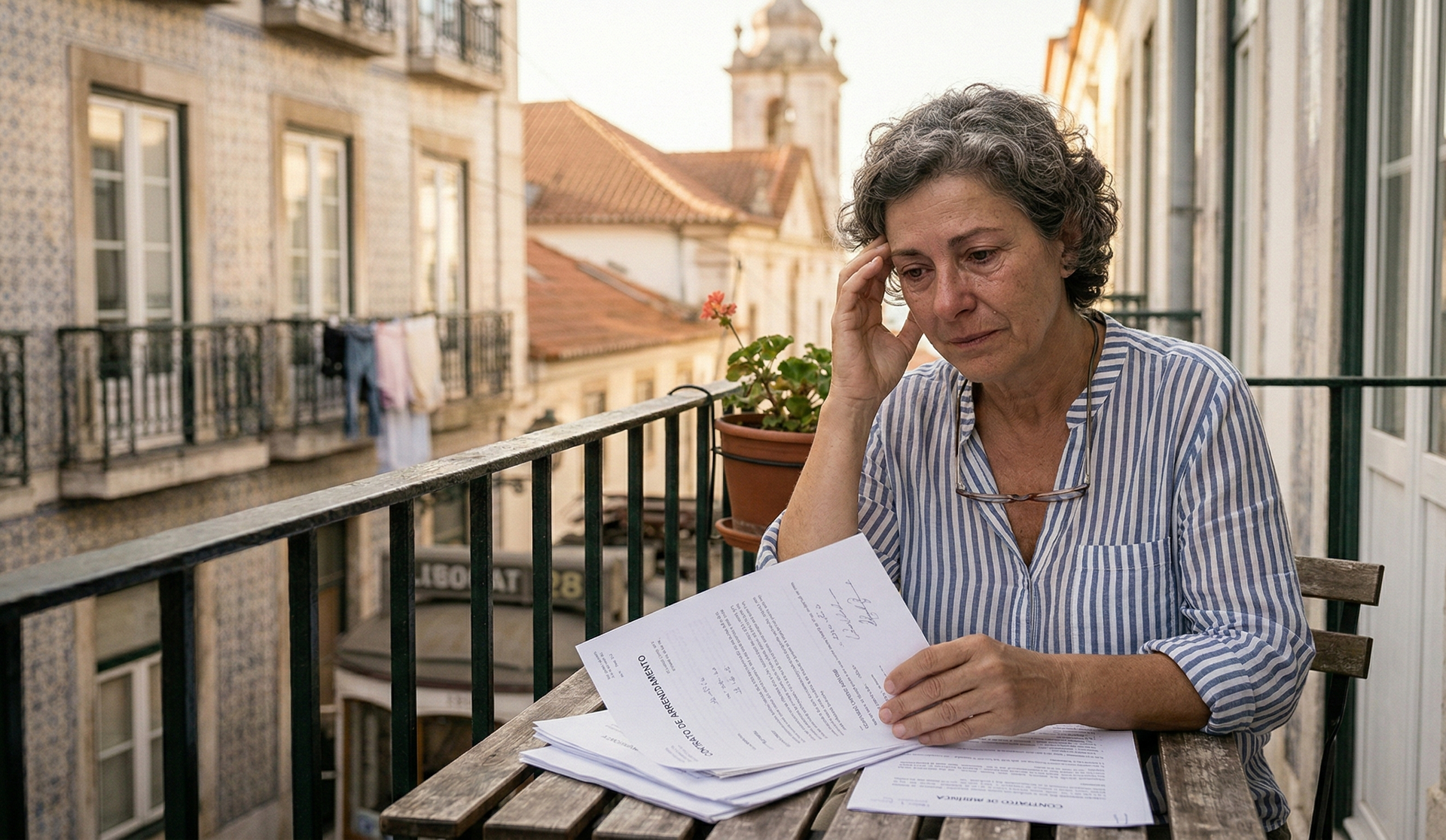Golden Visa Vs Immigrant Entrepreneur: Understanding how this difference affects your residency

Danielle Avidago | Immigration Consultant
The Golden Visa programme was created in 2012 with the main purpose of attracting investment to our country in exchange for a Portuguese passport being granted at the end of a 5-year period. Back then, the list of eligible investment routes was pretty generous. Article 90-A of Law no. 23/2007 (introduced by Law no. 29/2012) allowed multiple types of investments, including:
- The purchase of real estate worth €500,000 or more.
- The acquisition and renovation of properties over 30 years old or located in urban rehabilitation areas (with a minimum investment of €350,000).
- A capital transfer of at least €1,000,000 (later raised to €1.5 million).
- The creation of at least 10 jobs in Portugal.
- The incorporation of a Portuguese company with a share capital of €1 million (later €1.5 million).
But let’s be honest. The apple of the Golden Visa programme’s eye was always real estate. An upscale property with a private pool, a four-bedroom house, a colossal mansion… You name it! In fact, back in the day, you could combine multiple properties to meet the minimum investment amount. Think two garages and two flats.
However, with the entry into force of Law no. 56/2023, widely known as the More Housing Programme, on 7 October 2023, the apple fell from its ageing tree. In a political effort to address the housing crisis, Portugal eliminated real estate investments (residential or commercial), property rehabilitation, capital transfers and company incorporation as valid Golden Visa routes.
Politics, we get it. But what happens to the investors who chose one of these paths while they were still legal, obtained their first residence card, and are now facing renewal? Do they renew under the Golden Visa regime (Article 90-A)? That’s no longer possible. Do they apply under the standard D-type residence permit? That makes even less sense.
So what’s the solution? Welcome to your new label: Immigrant Entrepreneur.
With this Law no. 56/2023, a new category of residence permit was created under Article 89. If you invested €500,000 in real estate or followed any other investment route that no longer exists under the Golden Visa scheme, and your application was approved before the cutoff, you are now considered an Immigrant Entrepreneur. Your status is protected, but your future renewals will no longer be processed under Article 90-A.
Here’s what that means in practice.
- Residence permit validity - Golden Visa residence cards were initially valid for two years and had to be renewed accordingly. Immigrant Entrepreneur permits are valid for three years starting from the second card. That means fewer appointments with AIMA and less time spent refreshing your inbox for that elusive booking link.
- Minimum physical presence requirements - The classic Golden Visa required at least 14 nights in Portugal over each two years. Immigrant Entrepreneurs are expected to spend 21 nights over each three years, averaging seven nights per year. In both cases, proof of presence is essential. Save those hotel receipts, flight confirmations, rental contracts and utility bills.
- Renewal costs - This one’s easy. Under the Golden Visa regime, applicants paid €618.60 in renewal fees plus €3,089.70 in processing fees. That’s more than €3,700 per person. Under the Immigrant Entrepreneur regime, the total is just €181.50 per applicant. No gold label, but certainly a lighter burden.
- Do you have to keep your investment? Golden Visa investors signed a declaration of honour committing to maintain their qualifying investment for five years. But with political debates aiming to extend the minimum residence period for citizenship from five to ten years, there’s a big question mark. Will investors be asked to hold on to their investments for even longer? For now, the five-year rule still applies. Immigrant Entrepreneurs, on the other hand, are not required to maintain a fixed investment over time. The permit is linked to the business plan originally submitted, but the law does not require the same financial commitment to be sustained after approval.
In the evolving landscape of Portuguese immigration policy, the distinction between a Golden Visa resident and an Immigrant Entrepreneur is no longer just a matter of investment category - it is a reflection of shifting legislative priorities and administrative pragmatism. What began as a highly structured path for capital inflow has gradually morphed into a hybrid model where legacy investors find themselves reclassified.
Understanding your classification is no longer optional - it is essential to ensuring compliance, planning renewals, and ultimately, securing long-term residence or citizenship. As the legal framework continues to evolve, so are the expectations of those navigating it. Should you wish to better classify your residence permit type and understand your next immigration steps, remember that we are just an email away!










